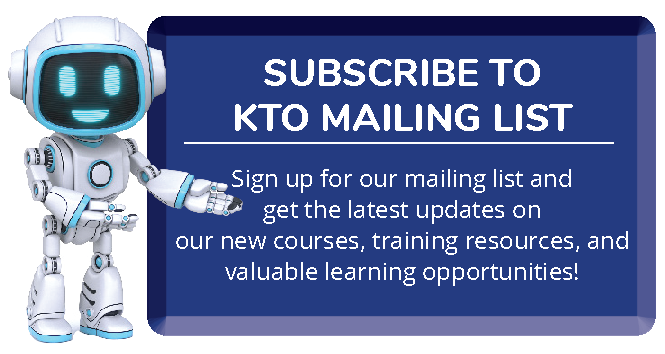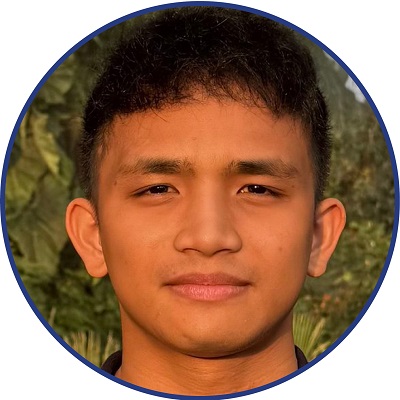ROS-Industrial:
Introduction to ROS2 (ROS2 Basic)* (32 Hours)
.jpg?sfvrsn=82a838f1_2)
Introduction
Robot Operating System (ROS) is a hardware-agnostic middleware framework that enables communication between various devices. It is an intuitive and modular communication framework that has gained widespread adoption among robot users in the last decade. It offers great benefits in terms of congregating organisations and engineers around the world with an open platform, common architecture, tools, as well as ready-to-use modules to create advanced robotics solutions efficiently and affordably.
ROS-Industrial is an open-sourced project that extends the advanced capabilities of ROS to industrial-relevant hardware and applications. As a Consortium, part of its mission is to accelerate the development and adoption of ROS by providing technical support and training to facilitate the continued adoption in the industry.
The ROS2 Basics course focuses strongly on the Learn-Through-Application approach. Through an intensive 4-day training sessions, participants will be given useful tools to acquire basic ROS2 theoretical concepts outside of class, and during in-person sessions they will be given the opportunity to apply these simple but powerful concepts on a robot for a demonstration use case.
Upon completion of this course, participants would then be able to move onto more advanced modules in the areas of robotic perception, navigation and manipulation to dive deep and learn specialized concepts and create more complex industry-based solutions.
About this Programme
At the end of this course, participants should have a solid understanding of the basic working principles of ROS2, and understand the basic communication concepts that they can leverage to design simple but powerful ROS2 solutions with their applications.
The 4-day course offers the following:
- Introduction to the concepts of ROS2
- Introduction to ROS2 Workspaces, Packages, and Nodes
- Introduction to ROS2 Communication Concepts
- Hands-on exercises
Who Should Attend
- Production Managers
- Production Engineers
- Automation Engineers
- Automation System Developers
- Robot Enthusiasts
- Robotic Researchers
- Professionals involved in production planning, process and line automation
- Software Developer keen on learning about robotics and ROS2
About The Trainers
Mr Glenn Tan
Mr John Abogado
Contact Us
- For technical enquiries, please contact:
Mr Glenn TAN,
Email: glenn_tan@a-star.edu.sg
- For general enquiries, please contact:
Ms Sheila Suppiah,
Email: sheila_suppiah@a-star.edu.sg
Registration
- Please register for this course through our online form: Course Registration Form for Public Classes.
- For the first question, please select "Modular Programmes (Standalone Modules)".
- Applicants will be placed on our waiting list if the course does not have an upcoming scheduled intake.
- When the next intake is confirmed, a confirmation email with payment information will be sent to applicants to finalise their participation.
Schedule
Module | Skills Course Reference Number | Next Intake(s)' Training Period
(Click on the dates to view their schedules) | Registration Status |
| TGS-2023021859 | The schedule for the next intake is still in the planning stage. |
Note: A*STAR SIMTech and A*STAR ARTC reserve the right to change the class/schedule/course fee or any details about the course without prior notice to the participants.
Announcement:
- From 1 Oct 2023, attendance-taking for SkillsFuture Singapore (SSG)'s funded courses must be done digitally via the Singpass App. More information may be viewed here.
- Participants will be provided with digital course materials when attending our courses. Please note that printed copies will not be available.
 : Full day
: Full day : Morning
: Morning : Afternoon
: Afternoon : Evening
: EveningQuick Link
- View the full list of modular programmes offered by A*STAR SIMTech and A*STAR ARTC.
A*STAR celebrates International Women's Day

From groundbreaking discoveries to cutting-edge research, our researchers are empowering the next generation of female science, technology, engineering and mathematics (STEM) leaders.
Get inspired by our #WomeninSTEM
.png?sfvrsn=843a4005_8)




.jpg?sfvrsn=1d7d2a45_7)